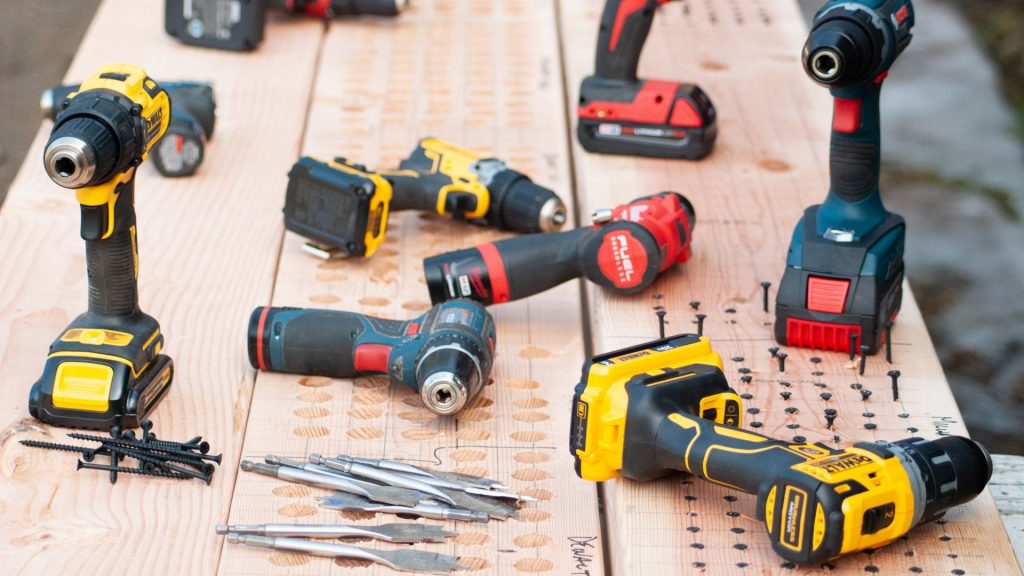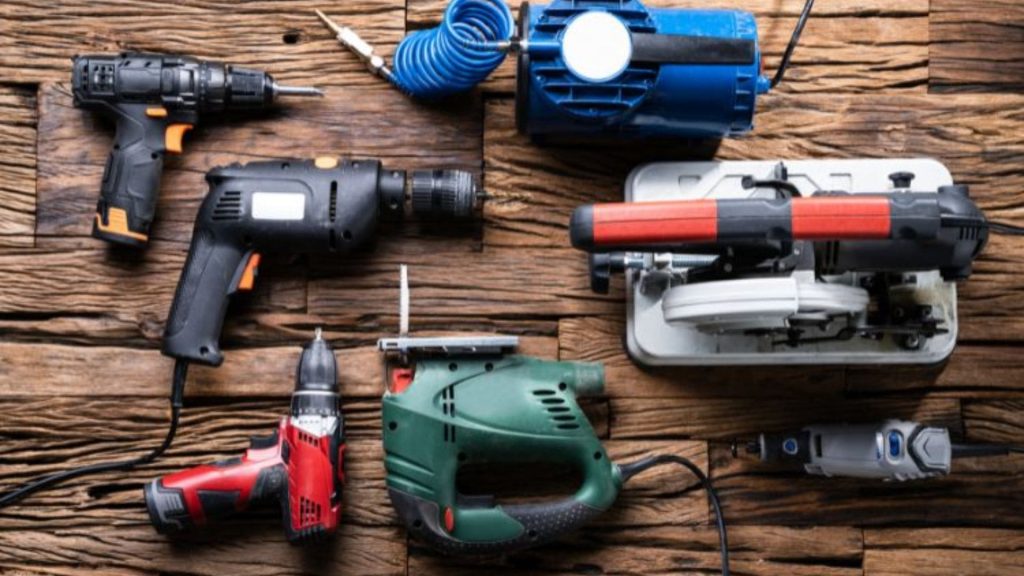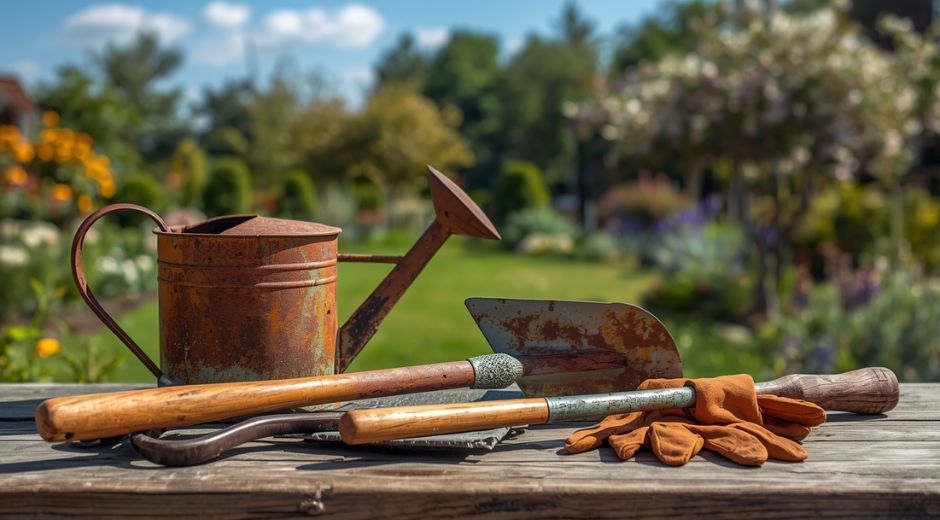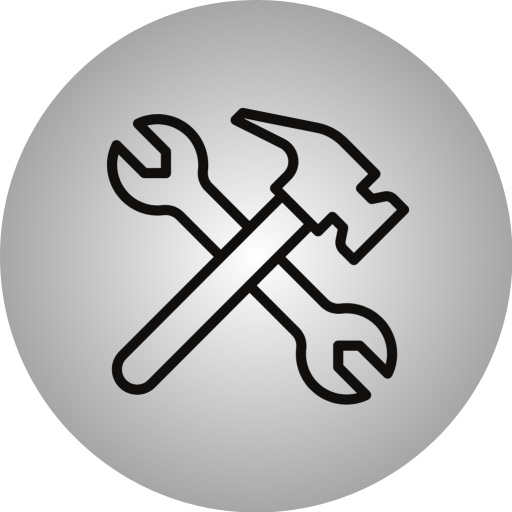Universal vs Brand-Specific Tools: What DIYers Need to Know
Universal vs Brand-Specific Tools: What DIYers Need to Know
In the world of DIY projects, having the right tools is just as important as having the right skills. But when it comes to choosing equipment, one of the most common debates centers around Universal vs Brand tools. Should you invest in premium branded hardware, or opt for universal options that promise compatibility and affordability? The answer depends on your project type, budget, and long-term goals. Understanding the pros and cons of each will help you build a toolkit that performs efficiently for years.
Understanding the Universal vs Brand Debate
The Universal vs Brand discussion is more than a simple price comparison — it’s about quality, compatibility, and convenience. Branded tools are designed by specific manufacturers, often built to higher standards and intended for professional use. Universal tools, on the other hand, are typically designed to fit multiple systems, making them flexible and cost-effective for casual DIYers.
According to Fixolix, homeowners often underestimate how much time and money can be saved with the right choice of equipment. Whether you’re assembling furniture, fixing home wiring, or handling renovation projects, the tools you use can greatly influence the outcome.
Advantages of Brand-Specific Tools
Brand-specific tools are engineered for precision, performance, and durability. Manufacturers like Bosch, DeWalt, and Makita spend years perfecting their designs to deliver consistent quality. When comparing Universal vs Brand, many professionals prefer branded tools because of their reliability and extended lifespan.
1. Superior Build Quality
Brand tools usually feature higher-grade metals, ergonomic designs, and precision engineering. This ensures smoother operation and less wear over time. The superior construction often translates into better results, especially for complex or repetitive tasks.
2. Warranty and Support
One of the biggest benefits of buying branded tools is the after-sales service. Most reputable brands offer multi-year warranties, easy replacements, and customer support. For professionals and frequent users, this level of reliability makes a big difference.
3. Consistency in Performance
When it comes to Universal vs Brand comparisons, consistency is a defining factor. Branded tools are designed to work optimally within their product ecosystems, meaning batteries, accessories, and attachments function seamlessly together.
Performance and Longevity: How They Compare
Performance and longevity are where Universal vs Brand distinctions become clear. Brand tools are built to endure demanding tasks, such as heavy construction or industrial work. Universal tools, while capable, may not offer the same level of endurance.
For example, a branded cordless drill can maintain torque and battery efficiency over years of use, whereas a universal equivalent might show signs of strain under constant load. However, for light-duty repairs and occasional DIY projects, universal tools often provide excellent value.
It’s worth noting that Metro Property Homes emphasizes the importance of balancing affordability with long-term reliability. In real estate renovation and maintenance, using high-quality tools can make a noticeable difference in finish and efficiency — but there’s room for universal options, especially in non-critical applications.
The Ecosystem Effect: Staying Within a Brand
A key factor in the Universal vs Brand debate is ecosystem loyalty. Once you buy into a specific brand, you often gain access to a range of compatible tools and accessories that share batteries, chargers, and attachments. This system streamlines workflow and reduces clutter.
For instance, if you already own a DeWalt battery system, adding a compatible saw or grinder saves you from buying new chargers or adapters. However, this convenience also limits flexibility — switching brands later can be costly and inconvenient.
The Middle Ground: Hybrid Toolkits
One practical solution is adopting a hybrid toolkit that combines the best of both worlds. Use branded tools for high-intensity tasks where precision and durability matter most, and universal tools for light, versatile work. Many experts suggest starting with essential brand tools — like drills, saws, and sanders — then expanding with universal accessories for general use.
Websites like Fixolix recommend building your toolkit gradually, prioritizing quality over quantity. This ensures that every tool you buy adds real value to your DIY setup.
Safety and Reliability Considerations
Safety should always be a top priority in any Universal vs Brand discussion. Branded tools typically undergo more rigorous testing and quality control, reducing the risk of malfunctions or breakages. However, reputable universal manufacturers also follow international safety standards.
Always inspect your tools before use, and avoid mixing components that don’t fit perfectly. Misaligned or incompatible attachments can lead to accidents and equipment damage. Investing in protective gear — such as gloves, goggles, and ear protection — is equally essential for safe DIY work.
When to Choose Brand vs Universal
So, when should you choose one over the other? Here’s a quick breakdown:
Choose Brand Tools if:
You work on professional projects, need consistent precision, or value long-term warranties.Choose Universal Tools if:
You’re a casual DIYer, working on light tasks, or need budget-friendly solutions with wide compatibility.
Ultimately, your decision depends on how frequently you use your tools and what kind of performance you expect. If you’re building or maintaining property, Metro Property Homes notes that branded tools often enhance work quality and reduce long-term costs — a worthwhile investment for serious users.
Conclusion
The Universal vs Brand debate doesn’t have a one-size-fits-all answer. Both categories have clear advantages, and the right choice depends on your project needs and financial priorities. Universal tools offer affordability and versatility, while brand-specific tools deliver reliability, precision, and long-term support.
For the dedicated DIYer, blending the two is often the best approach. Start with reliable branded essentials and gradually expand with universal accessories to maximize flexibility. Whether you’re assembling furniture, renovating a kitchen, or fixing outdoor spaces, having the right balance ensures success and satisfaction.
Platforms like Fixolix offer valuable insights on choosing the right materials and tools for home projects, while Metro Property Homes provides inspiration on how quality workmanship translates into lasting property value. In the end, investing in the right equipment is an investment in yourself — empowering your creativity, safety, and craftsmanship.
The Pulse of Repairs

How Roof Drainage Systems Prevent Long Term Water Damage
How Roof Drainage Systems Prevent Long Term Water Damage
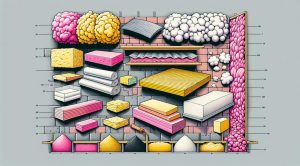
Wall Insulation Types Explained For Residential Buildings
Wall Insulation Types Explained For Residential Buildings
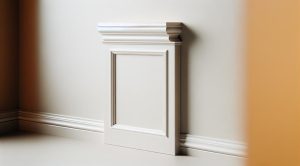
Baseboard Trim Finishing Techniques
Baseboard Trim Finishing Techniques

Grout Sealer for Long Lasting Tile Work
Grout Sealer for Long Lasting Tile Work

Window Shims and Proper Installation
Window Shims and Proper Installation

Door Alignment Fixes That Actually Work
Door Alignment Fixes That Actually Work

Exterior Cladding Options for Durability
Exterior Cladding Options for Durability

How to Identify Foundation Cracks Early
How to Identify Foundation Cracks Early
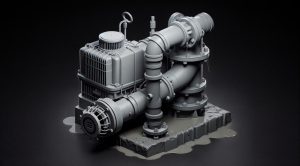
Sump Pumps and Basement Flood Prevention
Sump Pumps and Basement Flood Prevention
